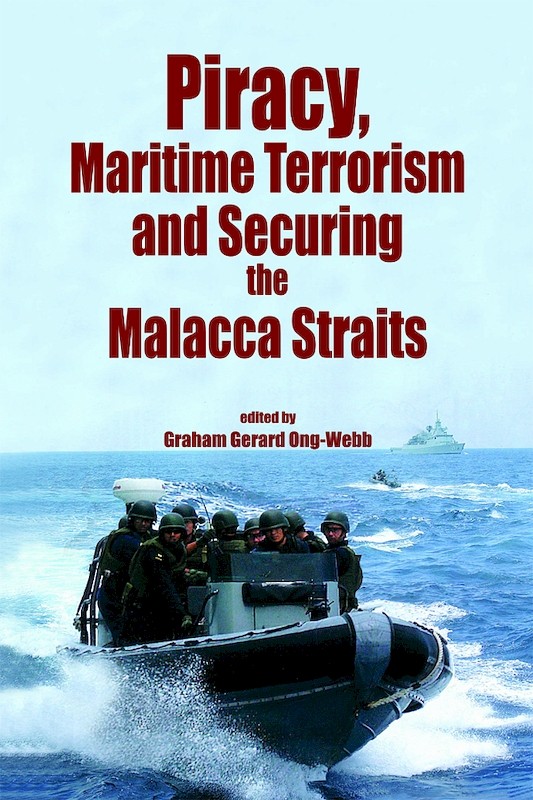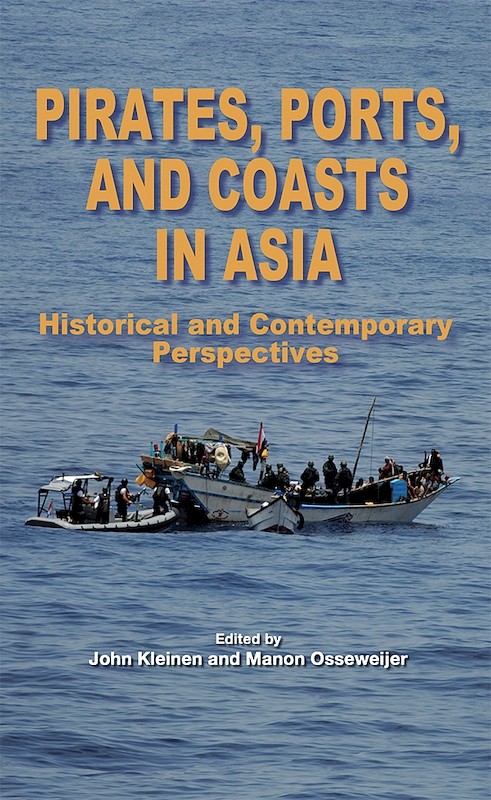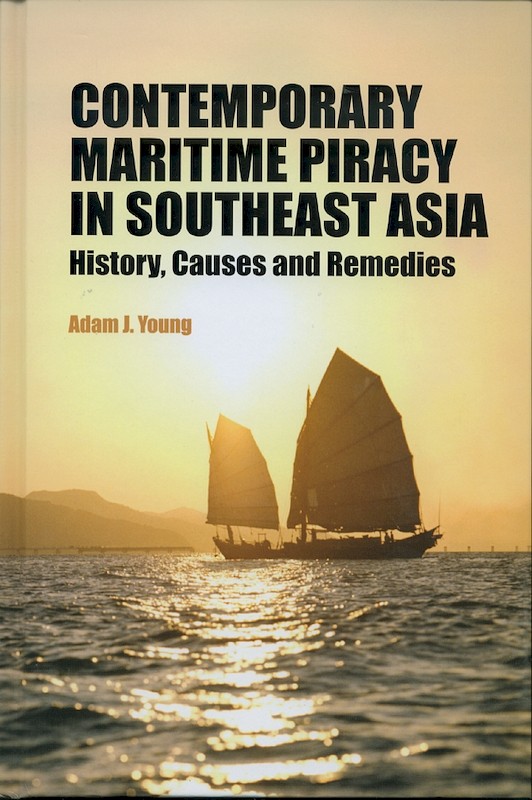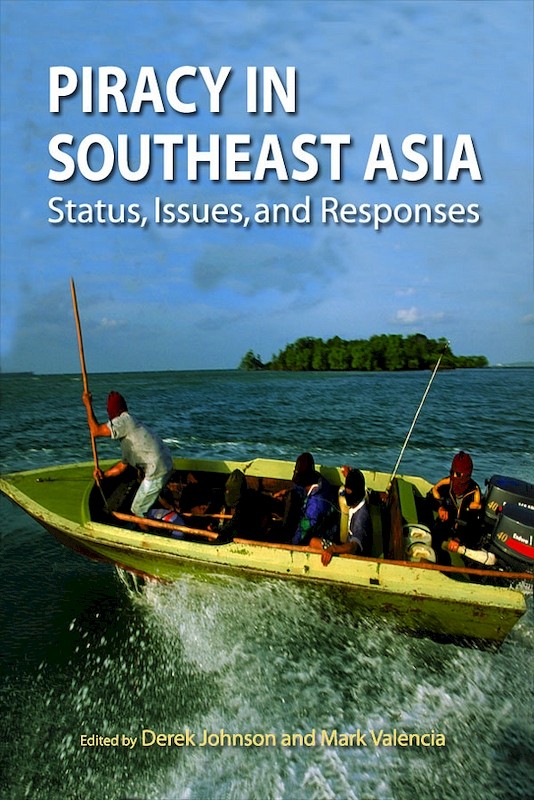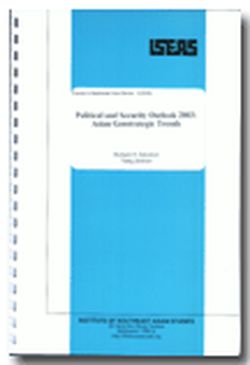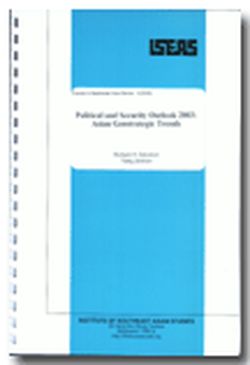Oceans of Crime: Maritime Piracy and Transnational Security in Southeast Asia and Bangladesh
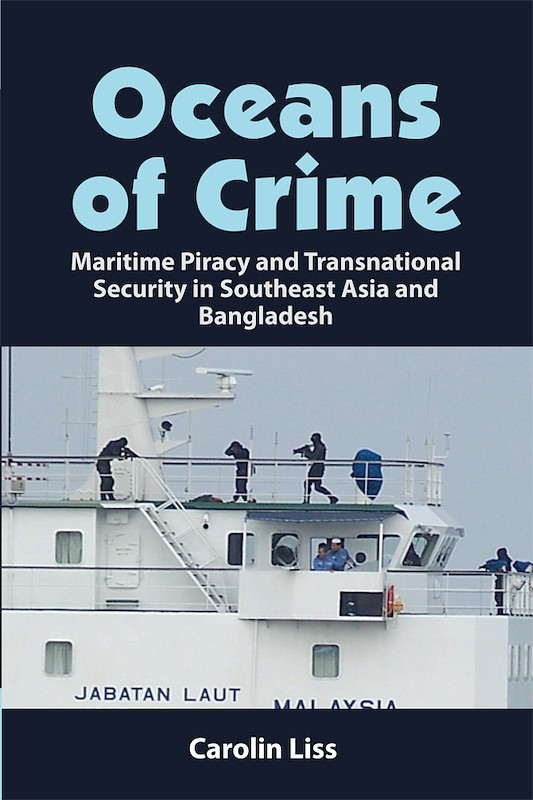
Carolin Liss, author
Date of publication:
2010
Publisher:
Institute of Southeast Asian Studies
Number of pages:
426
Code:
IIAS-P5
Reviews
"It is useful to have this book that is both historical and contemporary; that uses published data with an understanding of the flaws in its collection; and perhaps just as important, is also based on field work and interviews, rather than a trawl of the existing secondary literature. The research is wide ranging, with deep analysis of the issues which have been placed in historical and contemporary context. There are many high quality maps and photographs which supplement the discussion. The book is highly recommended" (Australian Journal of Maritime and Ocean Affairs).
"This fact-filled, groundbreaking survey of piracy in the waters of Southeast Asia and Bangladesh -- the areas with the highest number of pirating incidents in the world -- reveals the problem's many forms and causes. Pirates in these waters range from opportunistic amateurs to criminal syndicates. Liss' wide-ranging and detailed fieldwork validates her argument that piracy is an expression of deeper issues, ranging from coastal poverty to inadequate maritime regulatory regimes to the devastation of the ocean environment" (Foreign Affairs).
"How extensive has piracy become in Southeast Asia, one of the acknowledged global 'hot-spots' of this activity in our own, modern world? Carolin Liss sets out to map this phenomenon and to answer this question, and succeeds nicely in doing so in her new book, Ocean of Crime. Liss has been working on this subject for a long time, and she has done the kind of research to make this study a viable project, ethnographically (with time spent in some of the more 'marginal' spaces of maritime Southeast Asia), and with face-time in a number of important archives. She also has good access to the arbitrators and record-keepers of piracy in the region, including the various marine, shipping and piracy boards that keep track of maritime crime. She has done her homework, in other words, and it shows in this volume. The main innovation of Oceans of Crime, in my eyes, is that it does not take the sea for granted in its study of piracy, but grounds the social, economic and political analysis of piracy within the broader context of the milieu where this all takes place (that is to say, the ocean). This is really some of the most serious work published to date on the phenomenon of piracy in Southeast Asia. Liss' attention to detail in matters of organised crime, 'terrorists' and guerrillas complicates an already complicated narrative in very useful ways. She has taken on a huge subject here, and has drawn a number of strands, which are often dealt with separately, into a single, comprehensive narrative in this book. It is not easy to fit cogent and detailed analyses of fishing, shipping, legal structures and crime (not to mention 'terror', an altogether more nebulous subject) all into one study. Yet Liss has done this, very well in my opinion, and in ways that will make this study a bell-weather for some time to come. The Institute of Southeast Asian Studies also took the time and expense to allow a significant display of statistics, images and maps in the book, which really adds force to the presentation. Oceans of Crime is going to be well received as a valuable entry into this flourishing field of research, and Liss will be seen as an important new voice in our efforts to understand this 'oldest of professions' in a complicated part of the world" (Asian Studies Review).
About the publication
Southeast Asia and Bangladesh are at present global hot spots of pirate attacks on merchant vessels and fishing boats. This book explains why, and in what form, piracy still exists. It offers an integrated analysis of the root causes of piracy, linking declining fish stocks, organized crime networks, radical politically motivated groups, the use of flags of convenience, the lack of state control over national territory, and the activities of private security companies, and identifies their wider security implications.
Contents
-
Oceans of Crime: Maritime Piracy and Transnational Security in Southeast Asia and Bangladesh
[Whole Publication, ISBN: 9789814279437] -
Preliminary Pages and Introduction
- PART I: CONTEMPORARY PIRACY IN SOUTHEAST ASIA AND BANGLADESH
-
1. Pirate Attacks on Merchant Vessels in Southeast Asia and Bangladesh, 1980-2006
-
2. Piracy and Fishers: Attacks on Small Craft in Southeast Asia and Bangladesh
- PART II: THE SEA
-
3. The Fishing Industry
-
4. Merchant Shipping
- PART III: THE DARK SIDE
-
5. Organized Crime
-
6. Terrorist and Guerrilla Movements
- PART IV: COUNTER-FORCES
-
7. State Responses to Piracy
-
8. Privatizing the Fight against Piracy
-
Conclusion and Appendixes
-
Bibliography
-
Index
-
About the Author

